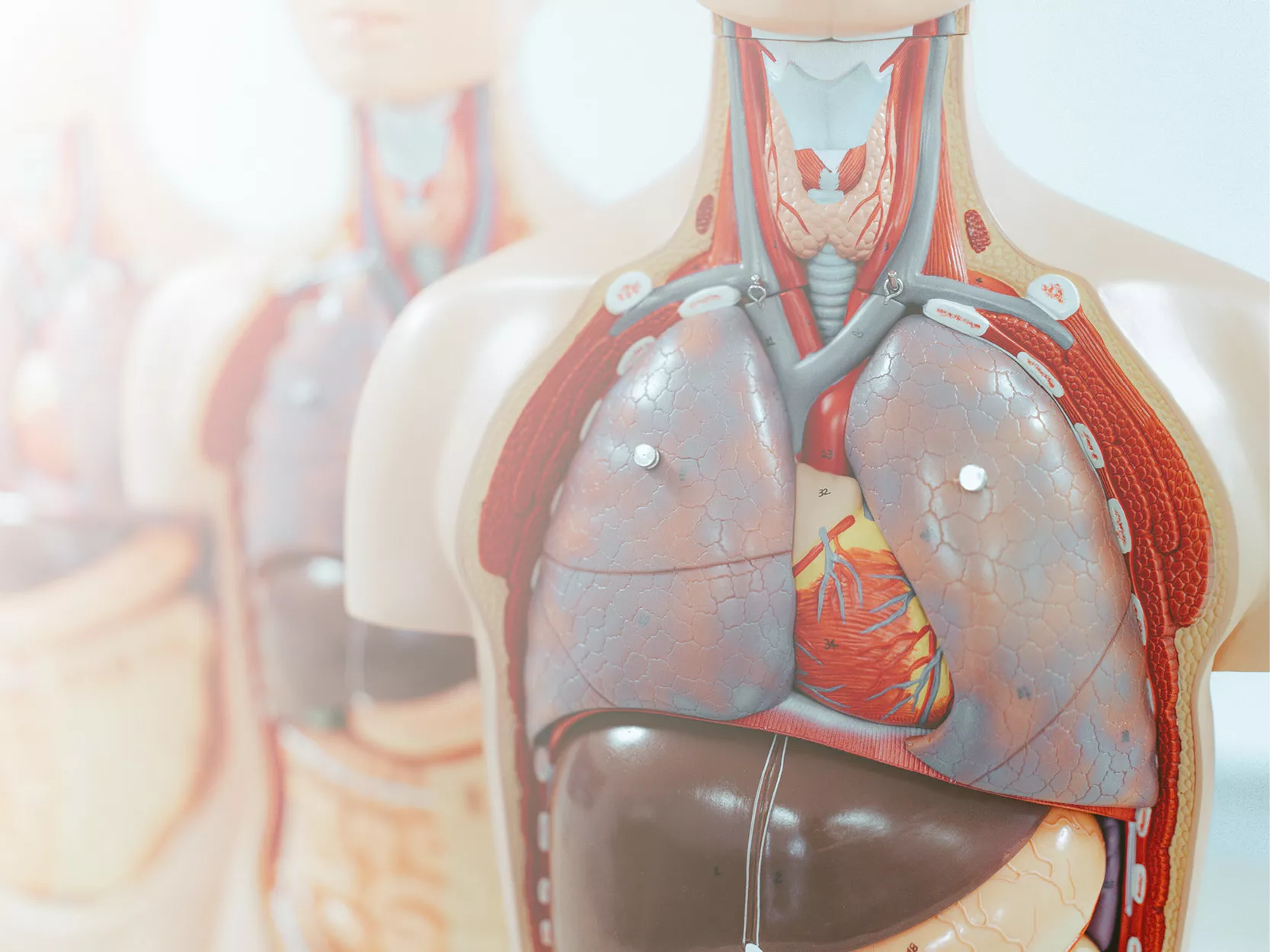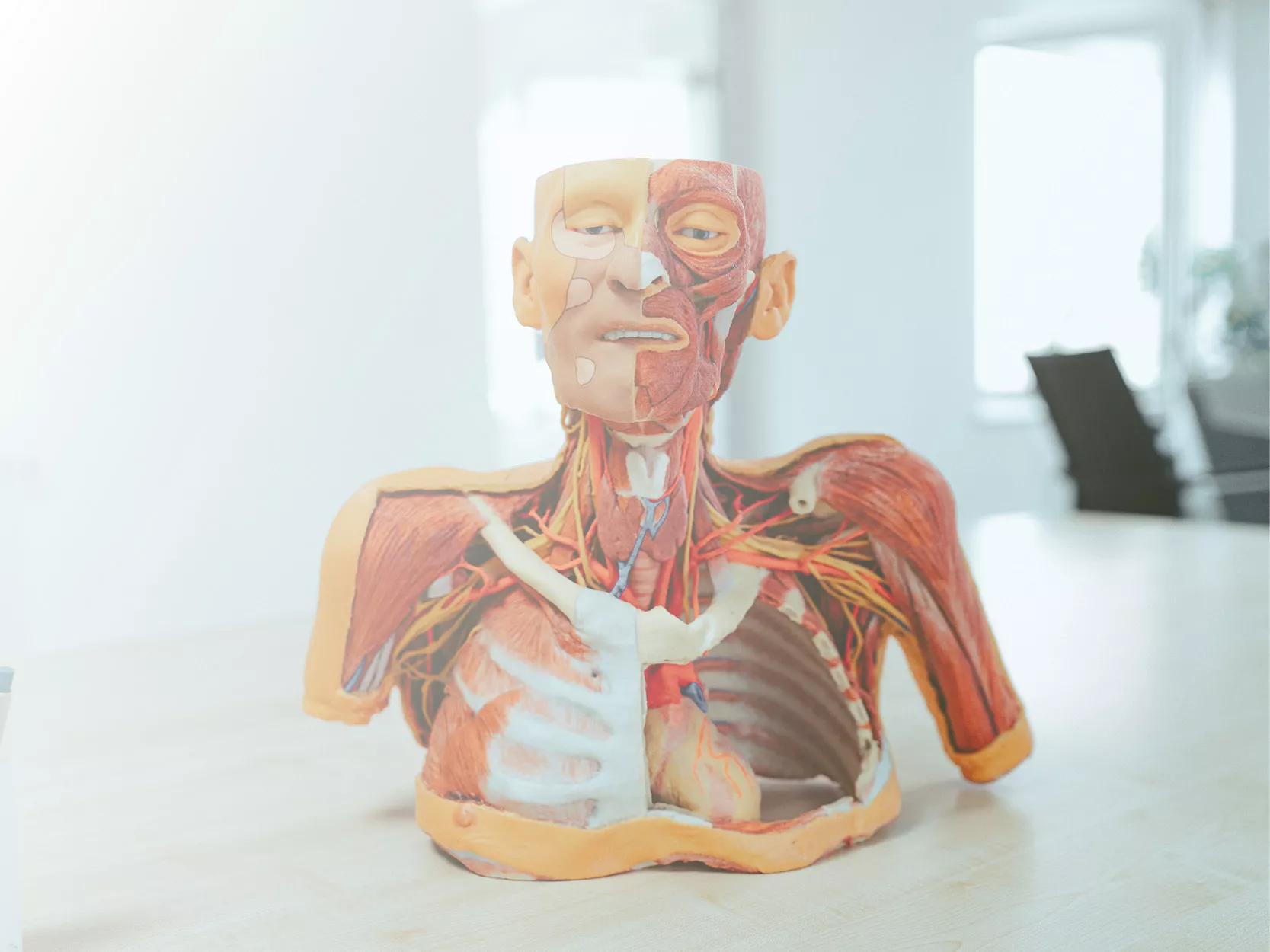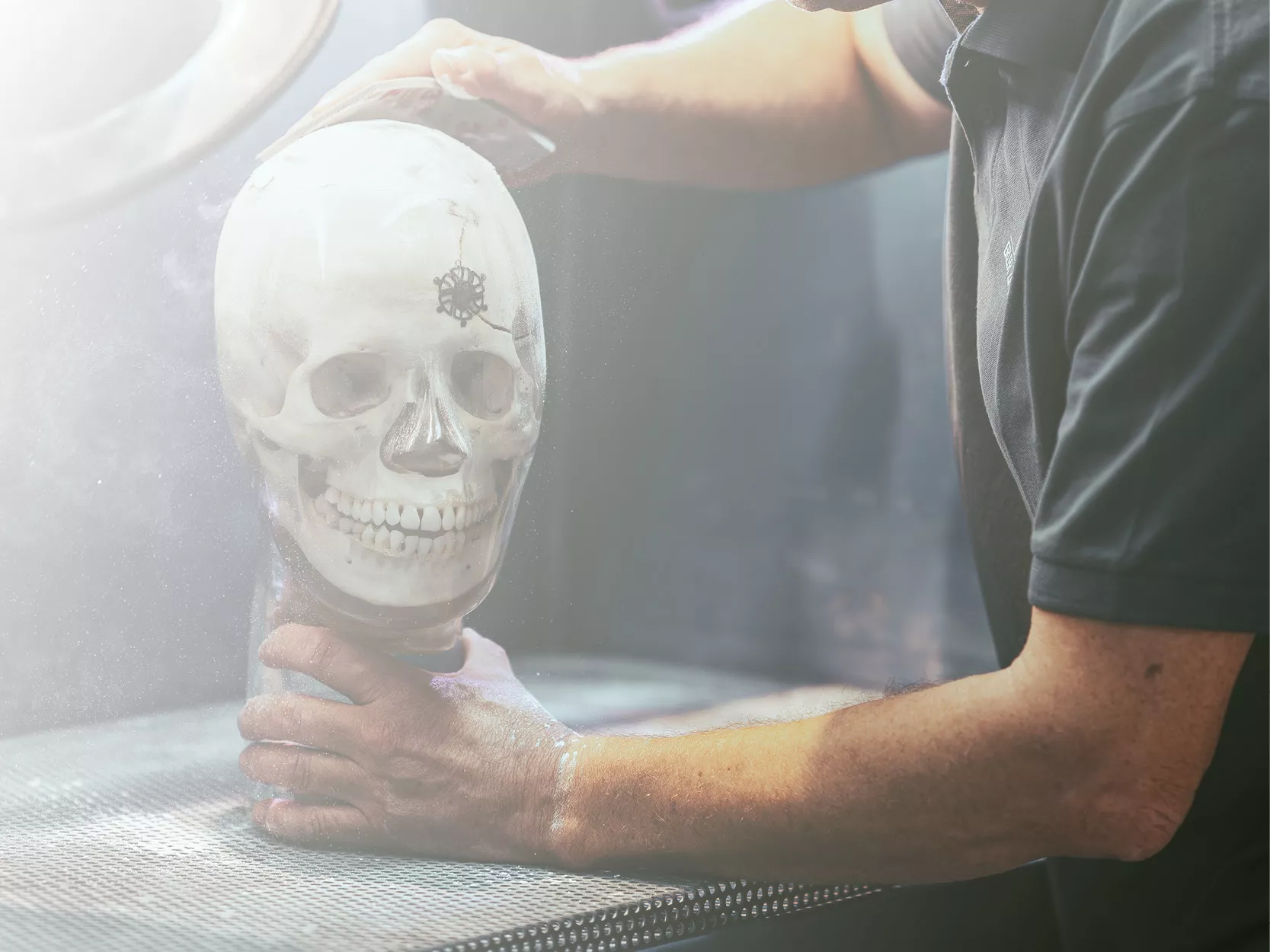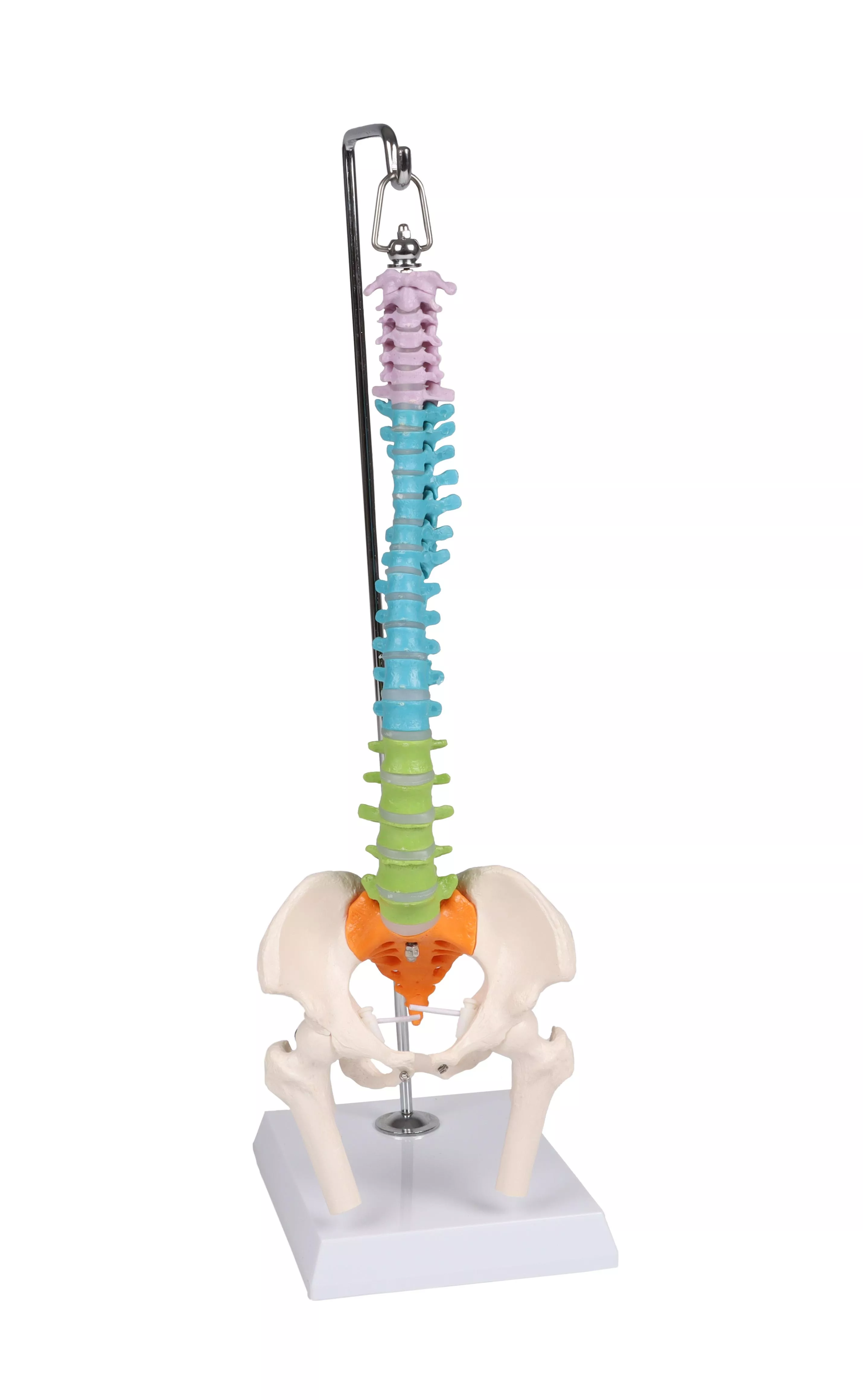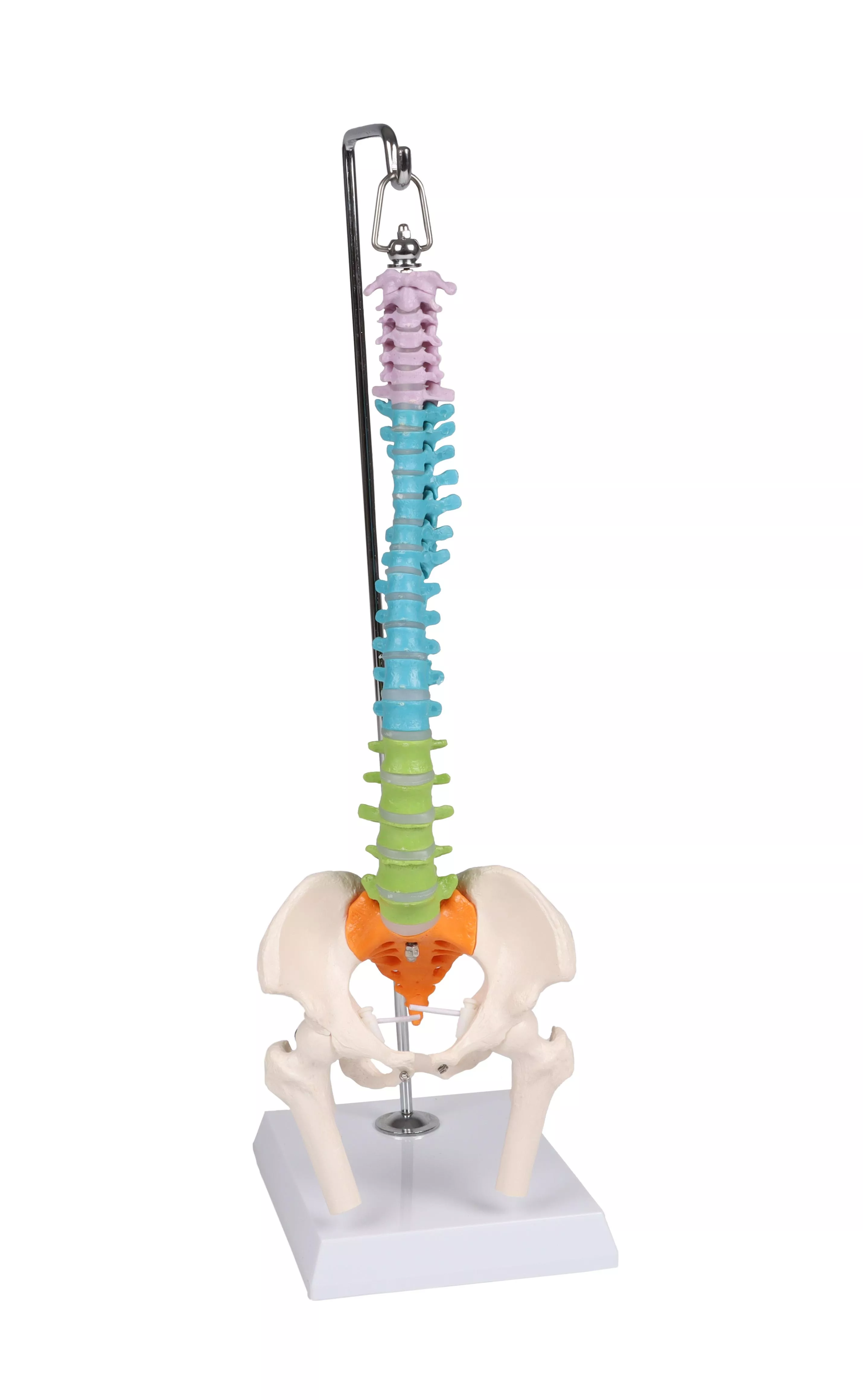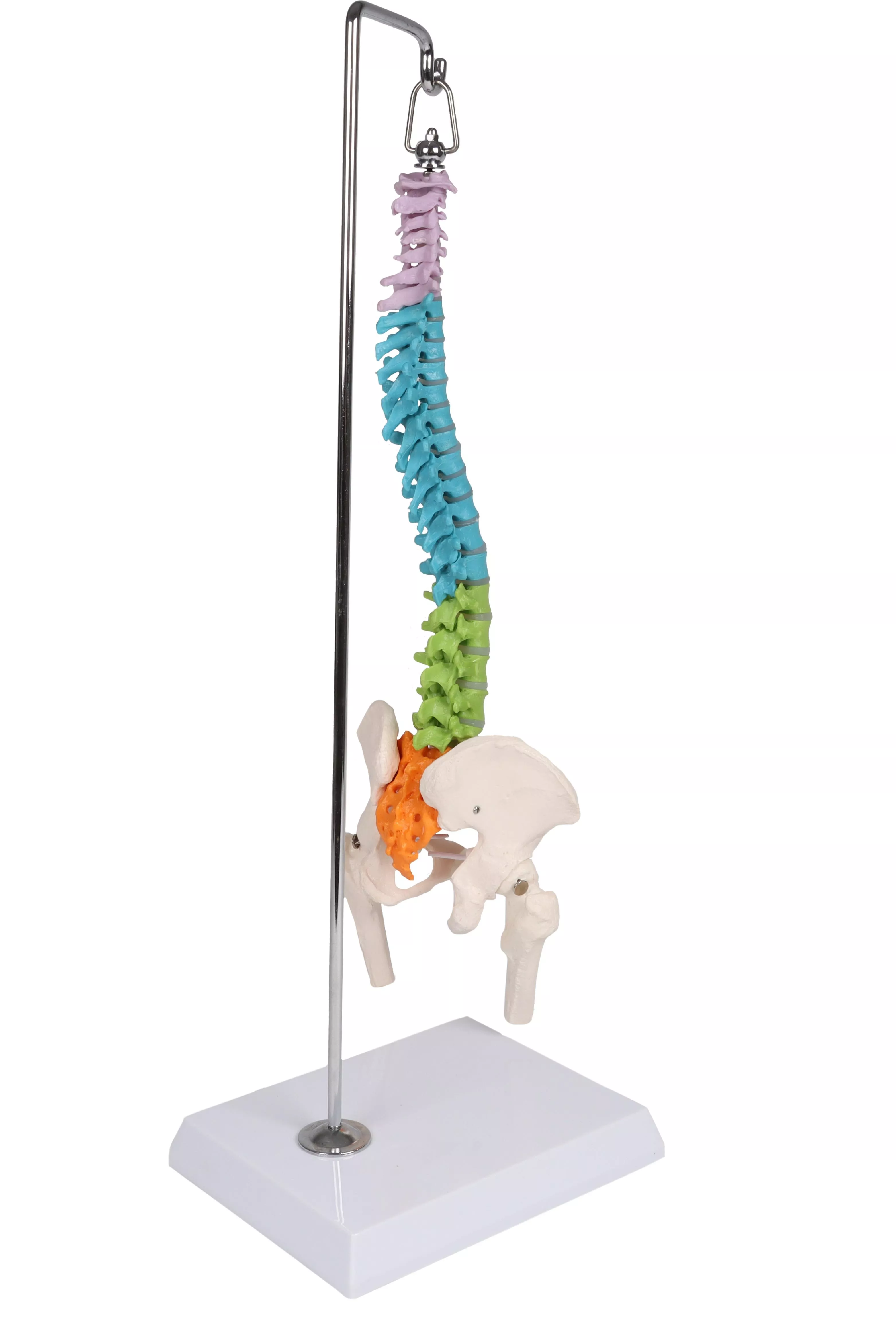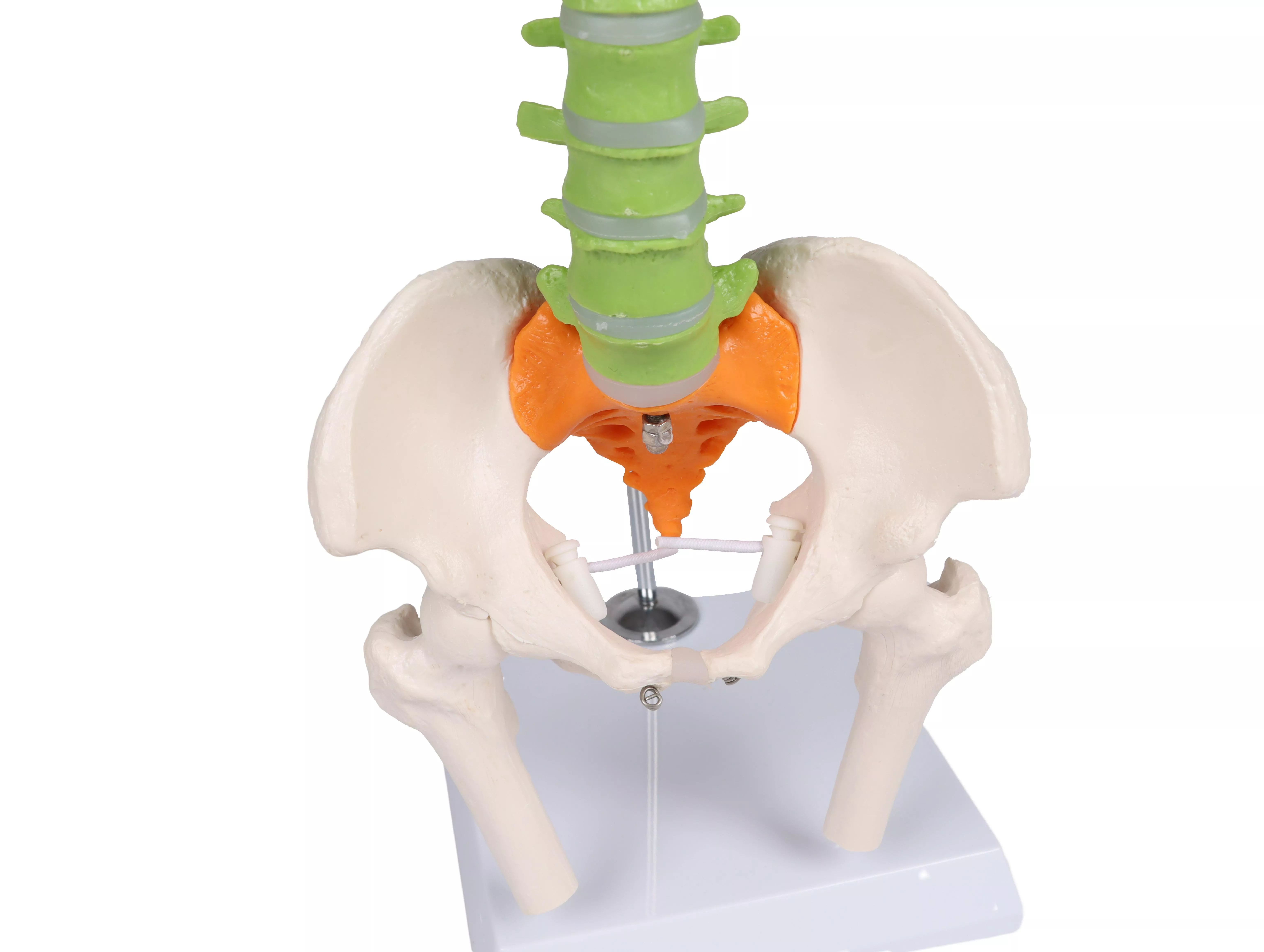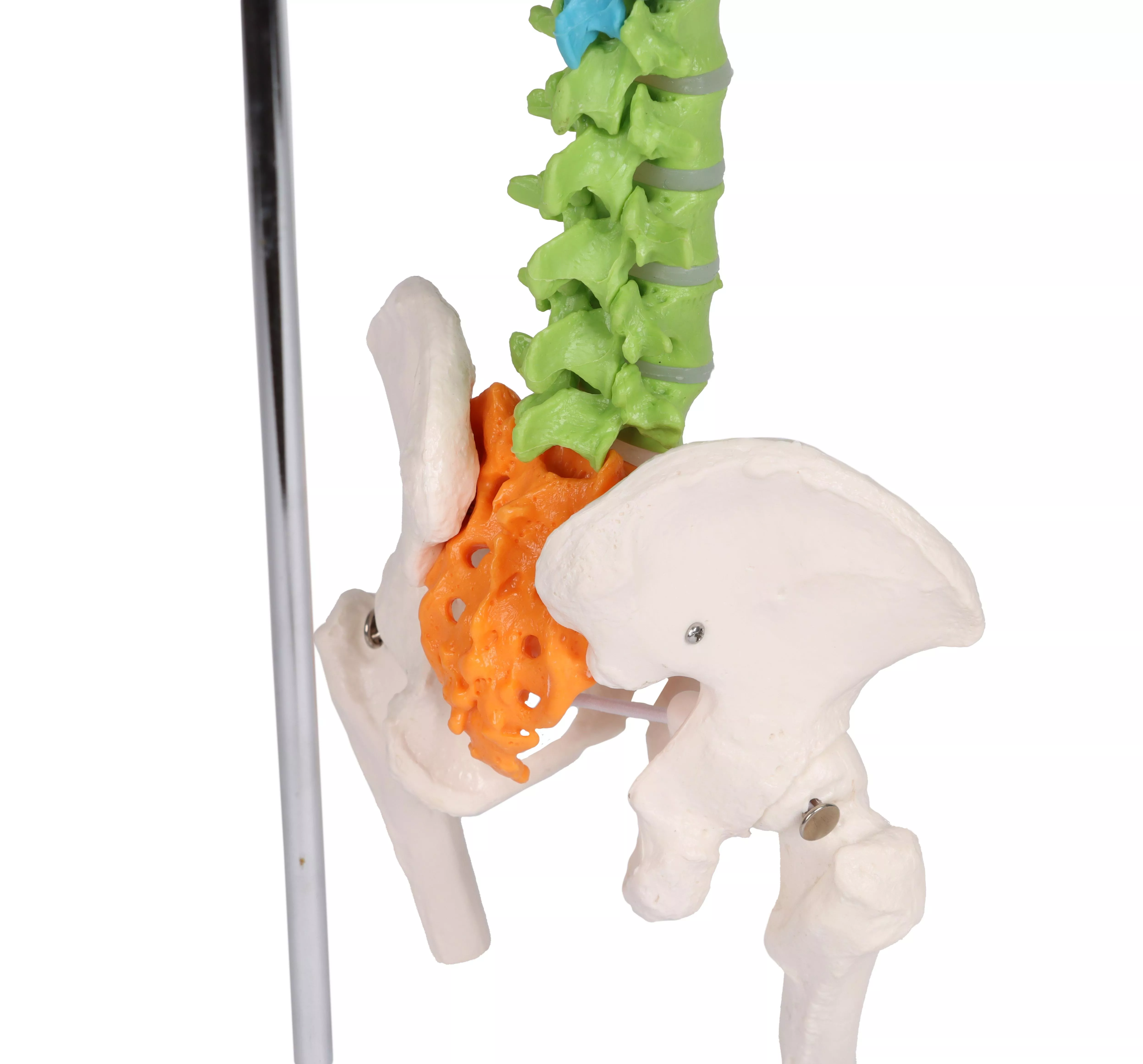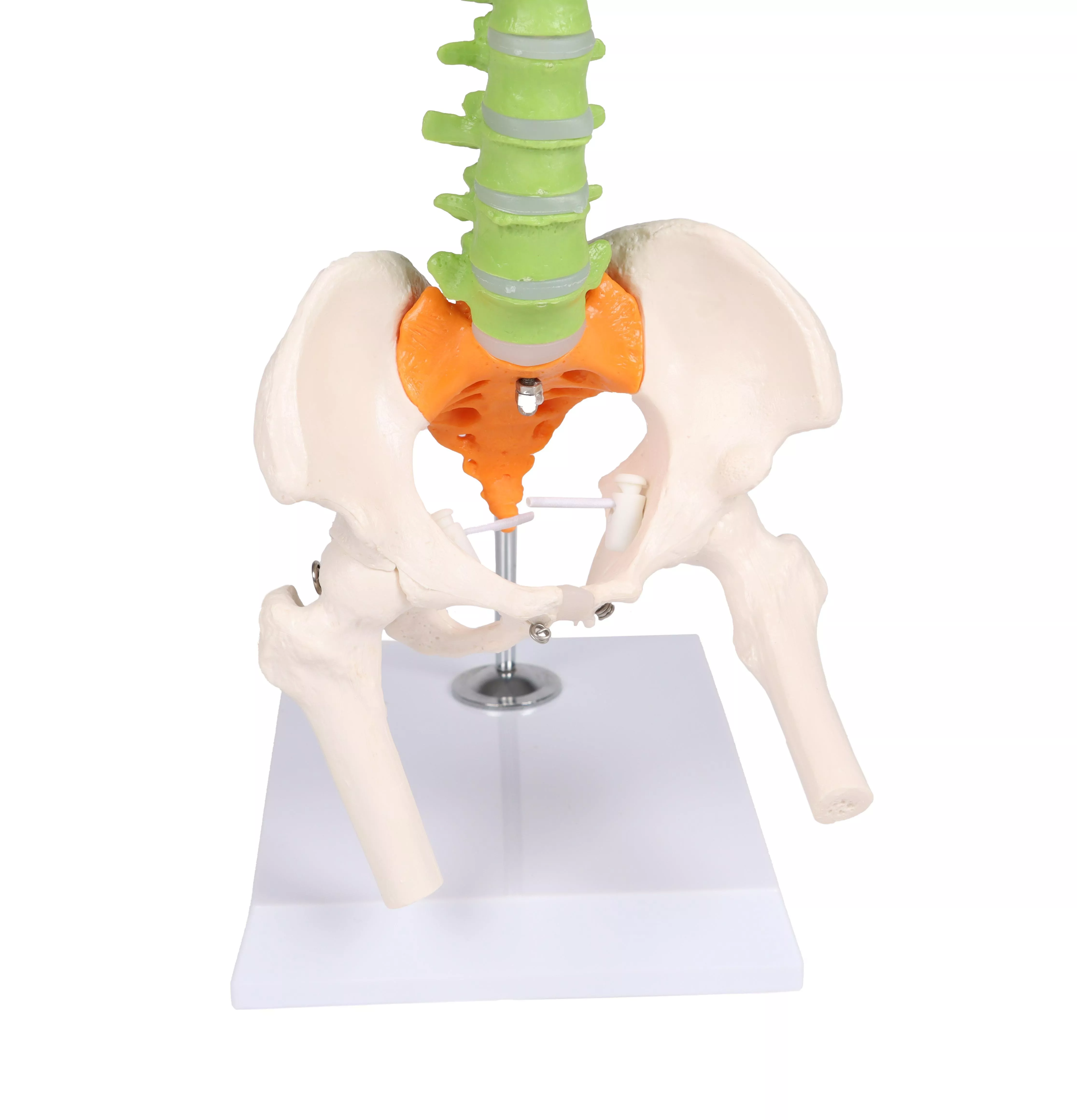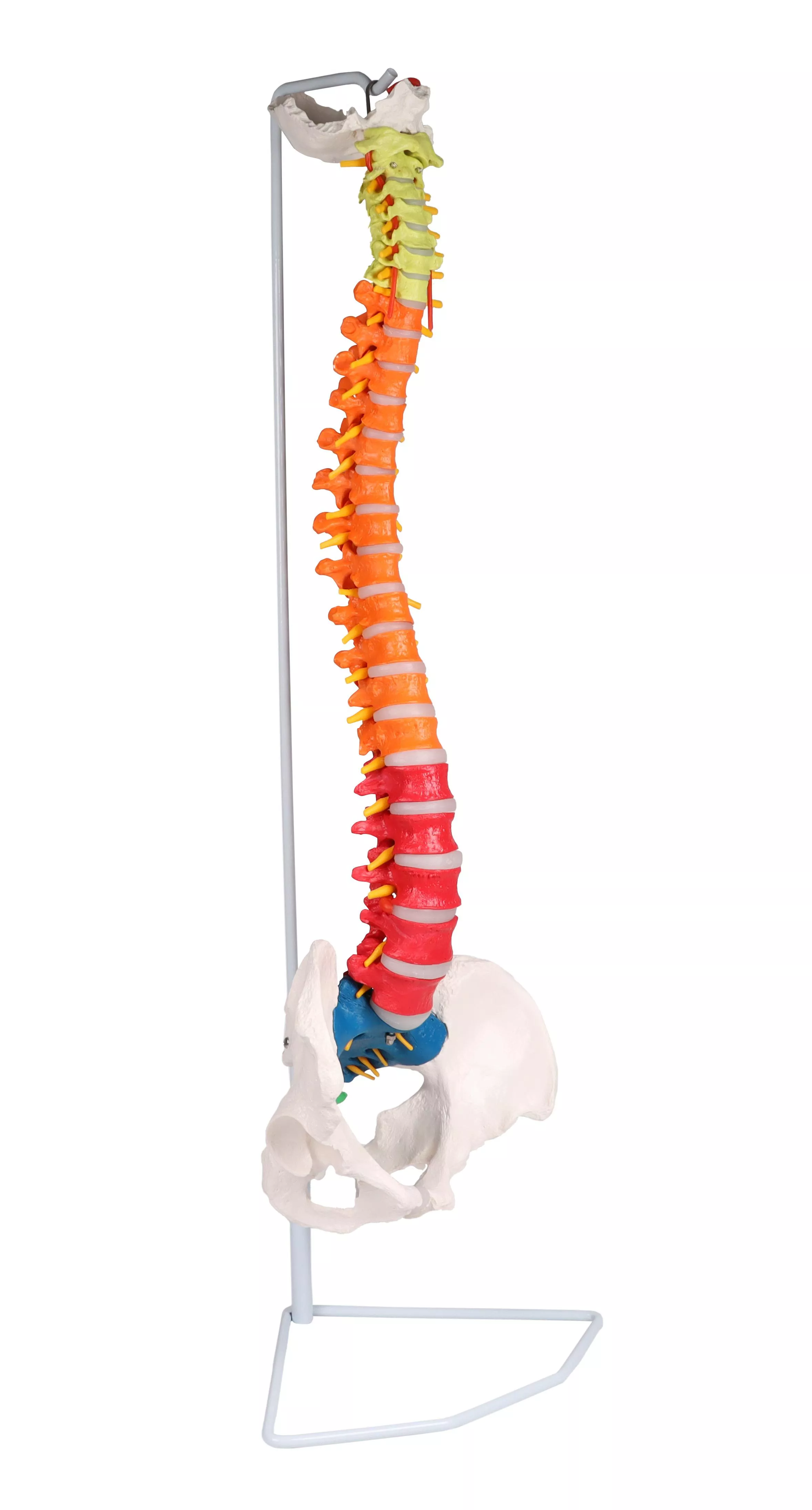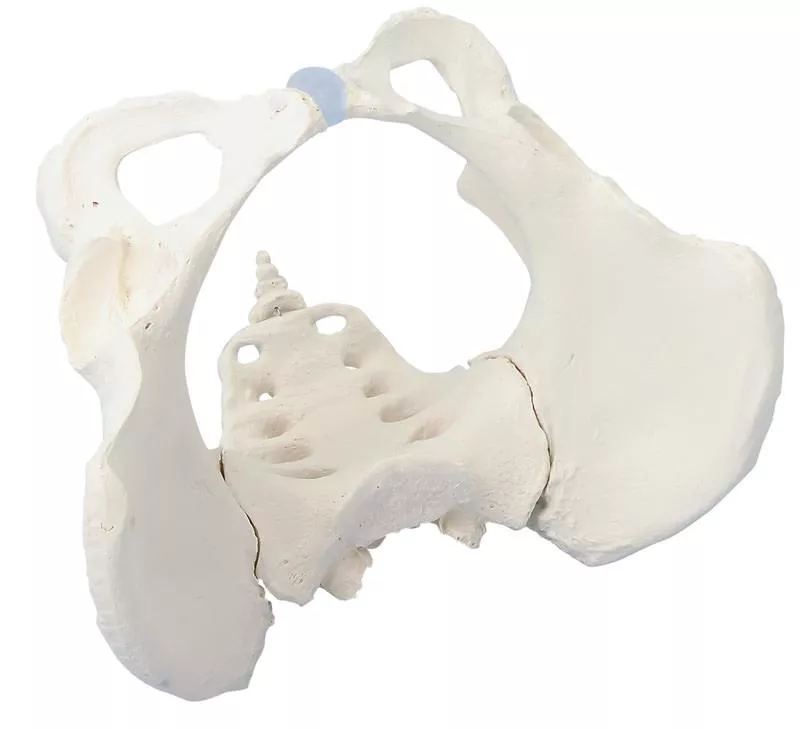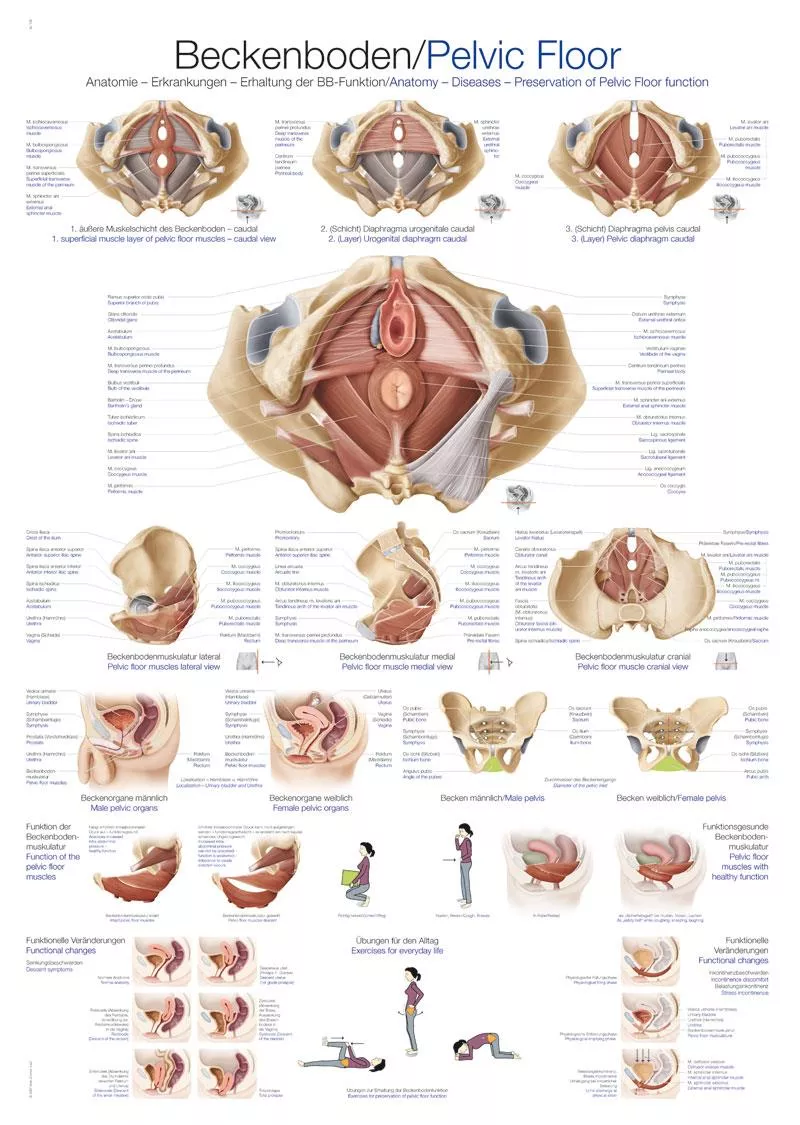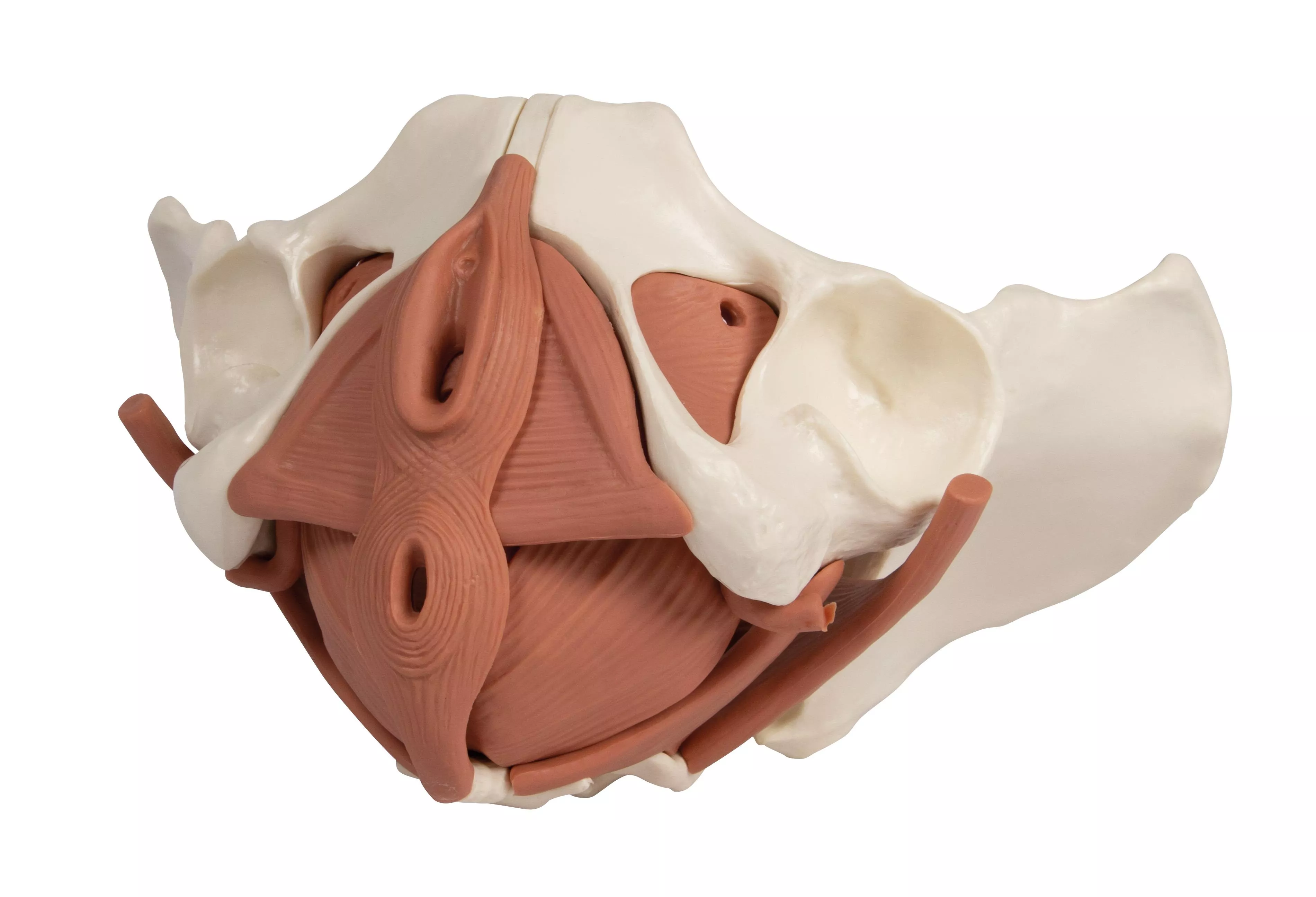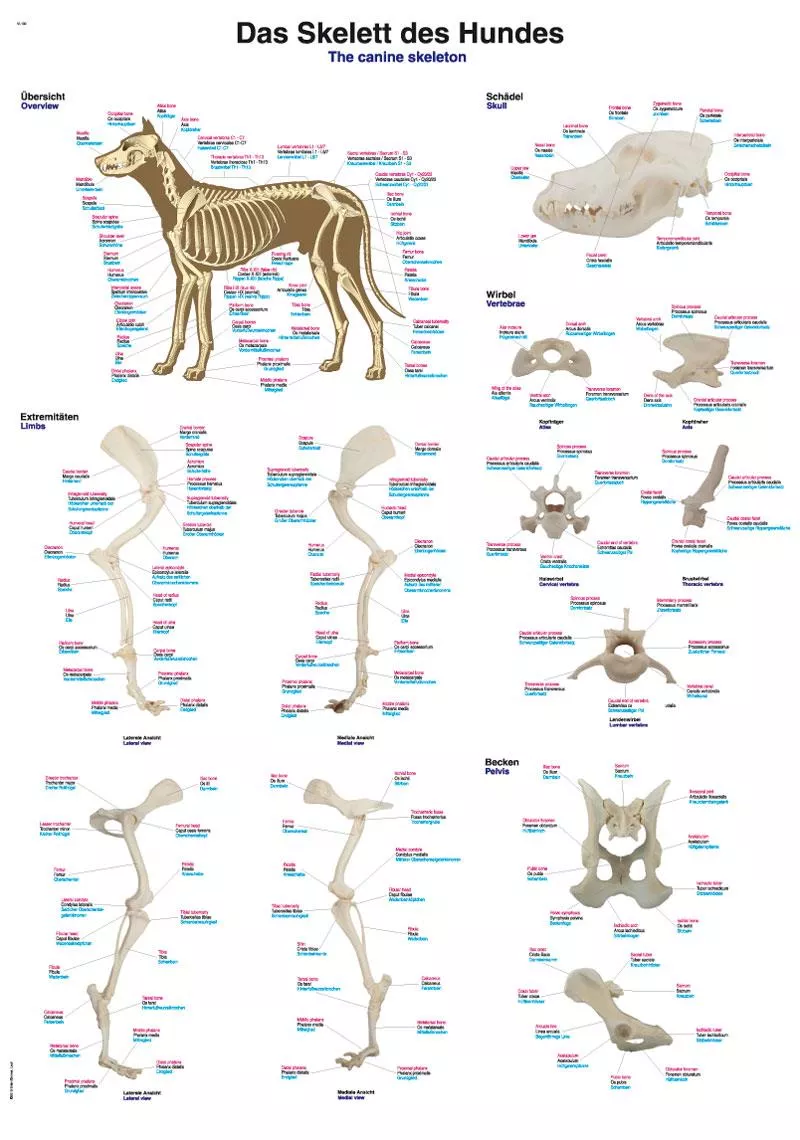Flexible miniature spine, didactic
€127.33*
€95.50 (lowest price)*Article in production, available in about 2-3 weeks
Product number:
A253
Item number: A253
Product information "Flexible miniature spine, didactic"
This spine model is an advanced tool designed for medical education and patient education, aiming to help users gain a deeper understanding of the structure and function of the human spine.
The spine model is divided into five different sections, each distinguished by different colors, including 7 cervical vertebrae, 12 thoracic vertebrae, 5 lumbar vertebrae, the sacrum, and the coccyx. This color differentiation aids in quickly and accurately locating and explaining key points about the human spine during the teaching process, providing convenience for learning.
The model also includes simulations of L3-L4 disc prolapse, spinal nerve exits, and the cervical vertebral artery, facilitating a deeper understanding of spine-related diseases and issues.
To enhance the practicality of the model, we've added a male pelvis and movable femur heads. These features comprehensively demonstrate various aspects of the human skeletal system, improving the learning experience.
Lastly, our educational spine model is made from high-quality PVC plastic, ensuring durability and resistance to damage. Its texture is clear, and the mold accuracy is high, guaranteeing the accuracy of anatomical structures.
In summary, this interactive educational human spine model is an ideal tool for medical professionals, educators, and students. It will contribute to a better understanding and teaching of the anatomy of the human spine, ultimately enhancing the quality of medical education and patient education.
The spine model is divided into five different sections, each distinguished by different colors, including 7 cervical vertebrae, 12 thoracic vertebrae, 5 lumbar vertebrae, the sacrum, and the coccyx. This color differentiation aids in quickly and accurately locating and explaining key points about the human spine during the teaching process, providing convenience for learning.
The model also includes simulations of L3-L4 disc prolapse, spinal nerve exits, and the cervical vertebral artery, facilitating a deeper understanding of spine-related diseases and issues.
To enhance the practicality of the model, we've added a male pelvis and movable femur heads. These features comprehensively demonstrate various aspects of the human skeletal system, improving the learning experience.
Lastly, our educational spine model is made from high-quality PVC plastic, ensuring durability and resistance to damage. Its texture is clear, and the mold accuracy is high, guaranteeing the accuracy of anatomical structures.
In summary, this interactive educational human spine model is an ideal tool for medical professionals, educators, and students. It will contribute to a better understanding and teaching of the anatomy of the human spine, ultimately enhancing the quality of medical education and patient education.
Erler-Zimmer
Erler-Zimmer GmbH & Co.KG
Hauptstrasse 27
77886 Lauf
Germany
info@erler-zimmer.de
Achtung! Medizinisches Ausbildungsmaterial, kein Spielzeug. Nicht geeignet für Personen unter 14 Jahren.
Attention! Medical training material, not a toy. Not suitable for persons under 14 years of age.




